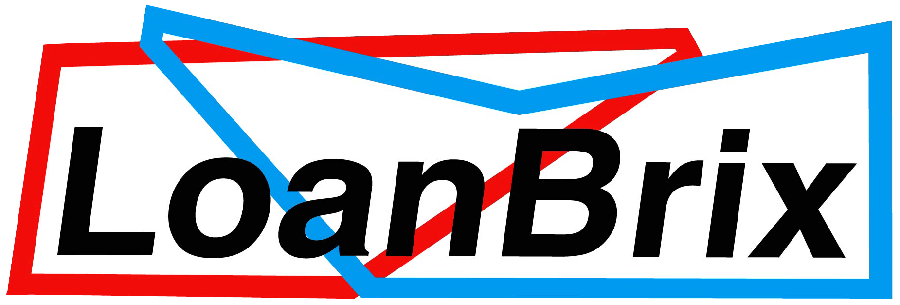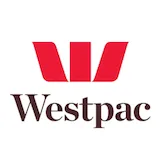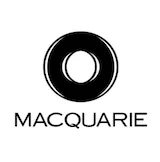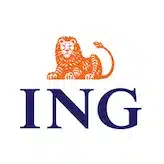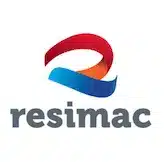Commercial properties include spaces used for business operations — such as offices, warehouses, and factories. These investments often deliver stronger rental returns than residential properties, but they can also come with a little more risk.
At LoanBrix, we make sure you understand both sides of the equation. Our brokers take the time to walk you through your options, explain the differences, and help you secure a loan that fits your goals.
While residential property is often known for capital growth, commercial property stands out for its income potential — and when done right, it can be a rewarding addition to your investment portfolio.
